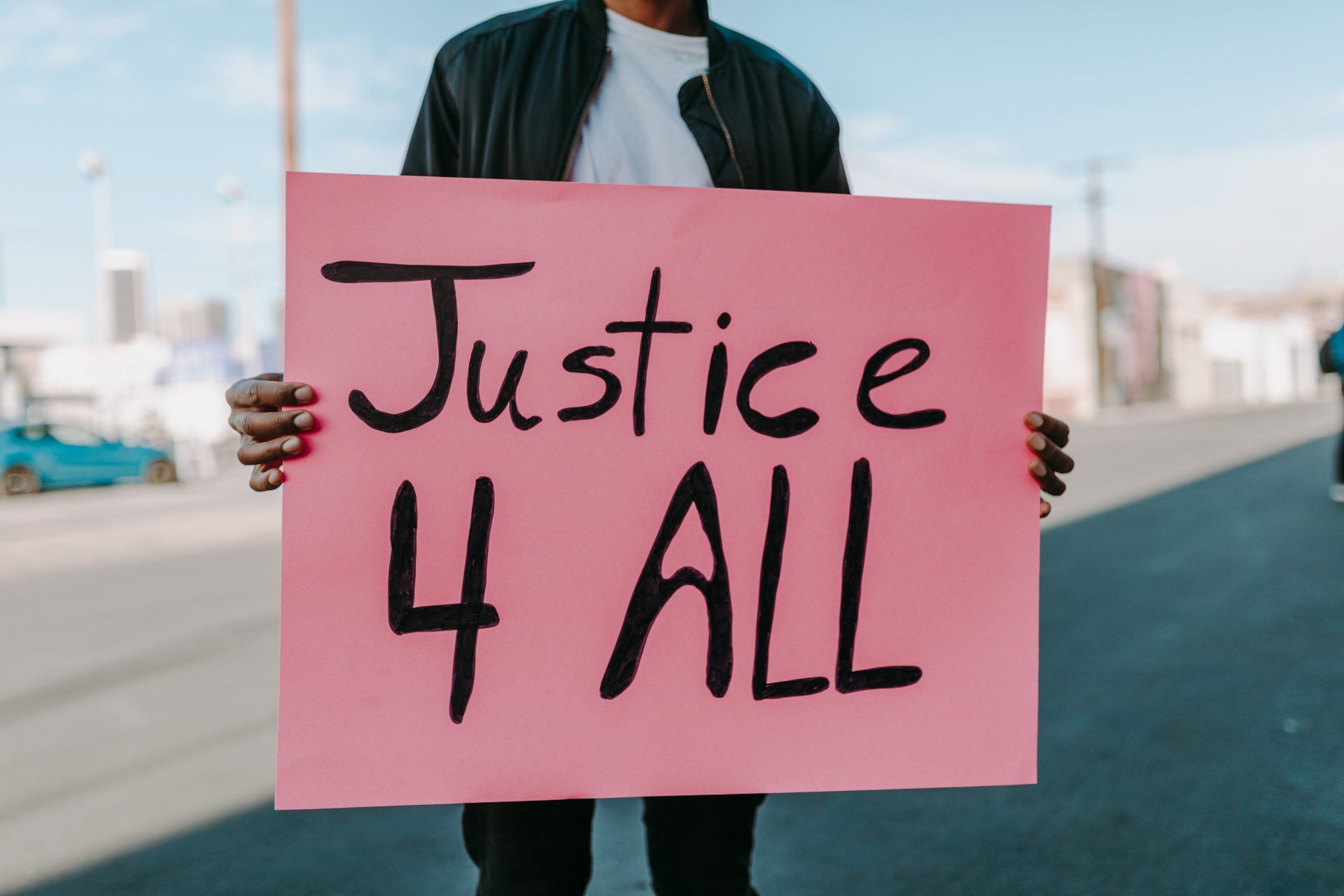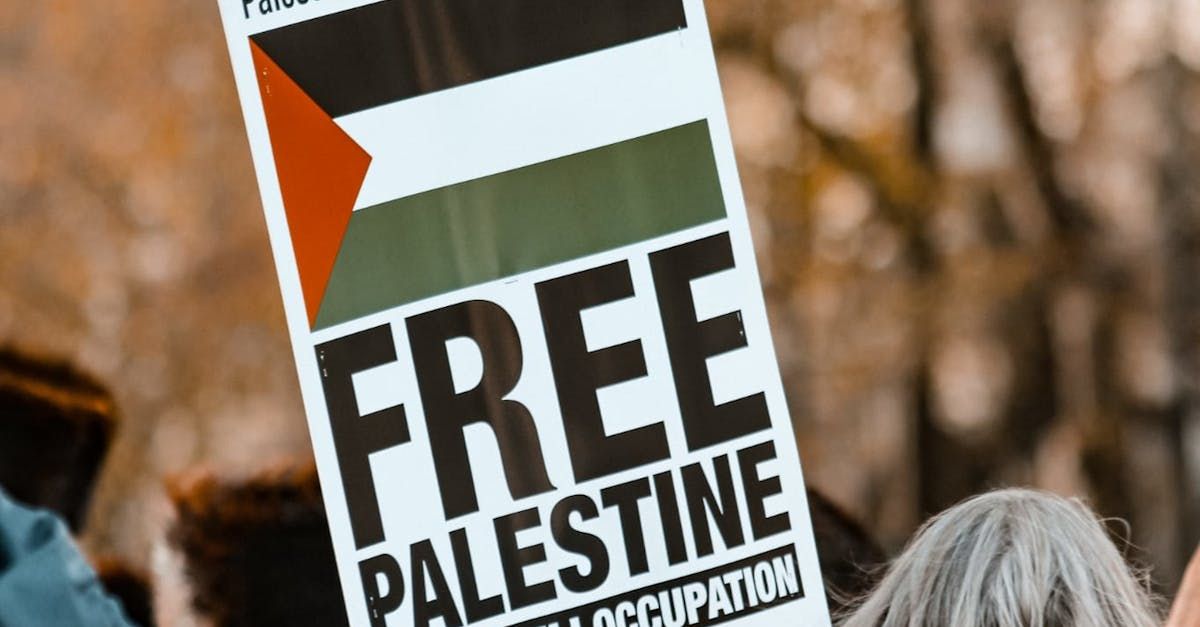Criminal Collective Punishment

Collective punishment is a punishment or sanction imposed on a group for acts allegedly perpetrated by a member of that group, which could be an ethnic or political group, or just the family, friends and neighbors of the perpetrator. Because individuals who are not responsible for the wrong acts are targeted, collective punishment is not compatible with the basic principle of individual responsibility. The punished group may often have no direct association with the perpetrator other than living in the same area and can not be assumed to exercise control over the perpetrator's actions. Collective punishment is a war crime prohibited by treaty in both international and non-international armed conflicts, more specifically Common Article 33 of the Geneva Conventions and Additional Protocol II.
A war crime is a violation of the laws of war that gives rise to individual criminal responsibility for actions by combatants in action, such as intentionally killing civilians or intentionally killing prisoners of war, torture, taking hostages, unnecessarily destroying civilian property, deception by perfidy, wartime sexual violence, pillaging, and for any individual that is part of the command structure who orders any attempt to committing mass killings including genocide or ethnic cleansing, the granting of no quarter despite surrender, the conscription of children in the military and flouting the legal distinctions of proportionality and military necessity. (source: https://en.wikipedia.org/wiki/Collective_punishment#cite_note-2)
The 1998 Rome Statute of the International Criminal Court is a further body of law which in detail sets out and proscribes war crimes, genocide, crimes against humanity, etc. which are carried out within the Israeli Defense Force controlled Green-line areas of Palestine. (source: https://www.icc-cpi.int/sites/default/files/RS-Eng.pdf)
~ ~ ~ ~ ~ ~ ~
Collective punishment is a criminal activity perpetrated to incentivize opposing people (too frequently indigenous peoples under colonial rule) to change their behaviour. Usually, it is practiced by those who have short-or-long term power over others who resist being subjugated. It can include a variety of means: large scale imprisonment, destruction of homes, depriving people of the essentials of living, collective fines, strict controls with brutal enforcement, rape of women and girls, and murder of one or many, including first responders and medical personnel, etc.
The consequences of collective punishment may include: imposed "peace," rage and hatred, ongoing resistance, and violent reprisals, and the undermining of principles of justice. Seldom does collective punishment result in durable peace. Equally seldom is collective punishment prosecuted.
The universal principle acclaimed by many faiths - do unto others as you would have them do to you- is fundamentally negated by collective punishment. International standards condemn collective punishment as war crimes. There is a universal consensus that collective punishment is wrong and criminal. But it happens – all too frequently.
Canada knows about collective punishment. In retribution for participation in or sympathy with the Riel rebellion in 1885, Prime Minister John A Macdonald decreed that a pass system would be imposed “as a consequence of their disloyalty,” not only on 28 ‘disloyal’ ‘Indian’ bands, but the restrictive measure was extended to all First Nation reserves. (see Sniderman, Andrew Stobo, & Sanderson (Amo Binashii), Douglas, Valley of the Birdtail, Harper Collins, 2022. P. 123.)
The Indian Act pass system required any First Nation people who wanted to leave a reserve to obtain an official pass specifying the purpose and duration of the absence, duly signed by an Indian agent. The pass might be for a day, for ten days (to marry), 15 days (to visit a child in residential school), 21 days (to go hunting). Without a signed pass First Nations people could be arrested for vagrancy or trespass and returned to the reserve.
“The system transformed every unauthorized [First Nations] traveler into a fugitive and every reserve into a holding pen.” (p. 125 op. cit.). It ensured that parents were forcibly kept apart from their children taken to compulsory Indian Residential Schools. Without legal validation, this genocidal apartheid system of the Canadian government negated the Treaties which affirmed “Indians’” right to hunt and gather food freely. Weaponizing food by depriving supplies to "uncooperative" First Nations was another form of collective punishment.
Beyond Canada
Too many horrific examples of collective punishment fill history books. During World War II, e.g., in Yugoslavia (now Serbia), Nazi troops killed 434 men in three villages near Kragujevac on October 19, 1941, as punishment for previous actions of the Serbian resistance movement.
The expulsion of German speaking population groups after World War II by the Soviet Union, Poland and Czechoslovakia represent one of the greatest examples of collective punishment in terms of the number of victims. Joseph Stalin's mass deportations of many nationalities of the USSR to remote regions (including the Chechens, Crimean Tatars, Volga Germans and many others) exemplifies officially orchestrated collective punishment. (Cited in Wikipedia "Collective Punishment") There are countless other examples.
What was the deadly fire-bombing of Hamburg, Dresden, and the indiscriminate nuclear bombing of countless civilians in Hiroshima and Nagasaki but collective punishment? And what of the Holocaust – Hitler Nazism’s policy of murderous hate extinguishing 6-million-plus lives simply for being Jewish? The horror of collective punishment – too often genocidal – haunts the Earth.
As a Dutch person born near the end of World War II, I am all too conscious of the murderous impact of collective punishments. Nazi forces robbed the Netherlands of key infrastructure and resources, and then imposed collective punishments upon residents of highly urbanized North & South Holland – Amsterdam, Rotterdam, The Hague – in the winter months of 1944-1945. Before the Allies were finally able to liberate the nation, citizens had been deprived for months of coal, gas, electricity, food and other essentials for life, resulting in 18,000 Dutch civilians starving to death. The entire population was subjected to gruesome conditions of living and of disproportionate reprisal executions.
Relief only came to the starving population when Allied nations were confronted with the costly disaster imposed on the Dutch and were convinced to supply essentials for life and end the Nazi occupation. (See: Henri A. van der Zee, The Hunger Winter. First Bison Book, 1998ed. (1982 first edition, London, Jill Norman & Hobhouse).
Today in Palestine and Israel
Hamas’ surprise attack on Israeli and other non-Israeli participants in the southern Israel music festival will long stand out as a horrific example of innocents falling victim to brutal, bloody collective punishment. It was a war crime and a form of collective punishment inflicted on non-combatant civilians. The murder of more than thirteen hundred human beings and 120 hostages taken in the assault cry for justice.
The response by the Israeli government is already revealing the intention to respond to this evil event by again using its overpowering ability to impose collective punishments on Palestinians in the effort to eradicate Hamas militants. The history of the IDF response to Palestinians is clear – Israel's disproportionate response results in the death and maiming of far larger numbers of Palestinians than Israelis who suffered. In two weeks the number of Palestinian deaths exceeds Israeli victims by a factor of five.
The removal of civilian population from northern Gaza; the indiscriminate bombing on the home territory of more than 2 million human beings with the destruction of residential buildings and public facilities; the bombing of churches, schools, hospitals and community centres; the blockade of resources essential to life itself – food, electricity, gas, water, medical equipment and personnel, education, etc. These qualify, according to the Geneva Convention and Treaty of Rome’s Statute founding the International Criminal Court, as war crimes no less than those of Hamas.
The claim of the right to self-defense does not include this kind of total collective punishment.
People of faith cannot tolerate the criminality of collective punishments, not only because their tolerance makes them complicit – just as it does the powers behind these combatants, but also because the Divine law excludes this kind of punishment.
The lex talionis of Jewish and Christian scriptures was given to limit the price that could be exacted from those committing crimes. An “eye for an eye” commandment signaled a limitation on responses to violence. As illustration, one eye, not both, was the measure of reciprocal justice. Disproportionate responses were contrary to the Law of God. (Exodus 21:23-27). Jesus is even more exacting about the response to evildoers. (see Matthew 5:38-48) The faithful way is to love even your enemies, because the greatest commandments are to love God above all and your neighbour as yourself. (Mark 12:29-31)
The main outcomes from disproportionate vengeance are an increase in hatred and the desire for more revenge. It never takes long for the next revenge cycle to make blood flow again and then more of the Creator's children will die.
Unless….people of faith and goodwill persist in calling for an immediate humanitarian ceasefire and the war to end, so that peaceful means can be pursued. Will these combatants and their witnesses learn the lesson already so thoroughly drenched in blood?
End the Cycles of Hate and Death
Rather than deepening complicity, it is time especially for the great powers to incentivize peaceful efforts toward justice. History shows this is but a faint hope but citizens must demand it of their leaders.
More likely is the hopeful possibility that middle powers, like Canada, Ireland, Brazil, South Africa and other nations can collaborate to conclude the 75-year cycles of death and destruction in Palestine/Israel, which criminalize both Hamas in its violent negation of Israel and the Netanyahu Israeli expansionist government’s subjugation and expansionism in the Palestine’s Occupied Territories. Canada needs to reclaim the role of peace building and stop providing Israel the green light for collective punishment.
Individuals and groups can speak and write without ceasing to political leaders calling for ceasefire and for negotiated peace;
Support United Church (https://united-church.ca/) and other faith groups, like the USA-based Jewish Voice for Peace (https://www.jewishvoiceforpeace.org/2023/10/rabcab10-08/) working for just peace;
Support the efforts of Centre for Peace & Justice in the Middle East providing principle-based, informed, balanced work for just peace: https://www.cjpme.org/
Act now to end criminal lawlessness - for the sake of the children and the whole human family. Give peace a chance. Collective punishment and cycles of death and destruction solve nothing and harm God's human family. Kyrie eleison.
Pilgrim Praxis

Contact Harry
We will get back to you as soon as possible.
Please try again later.
